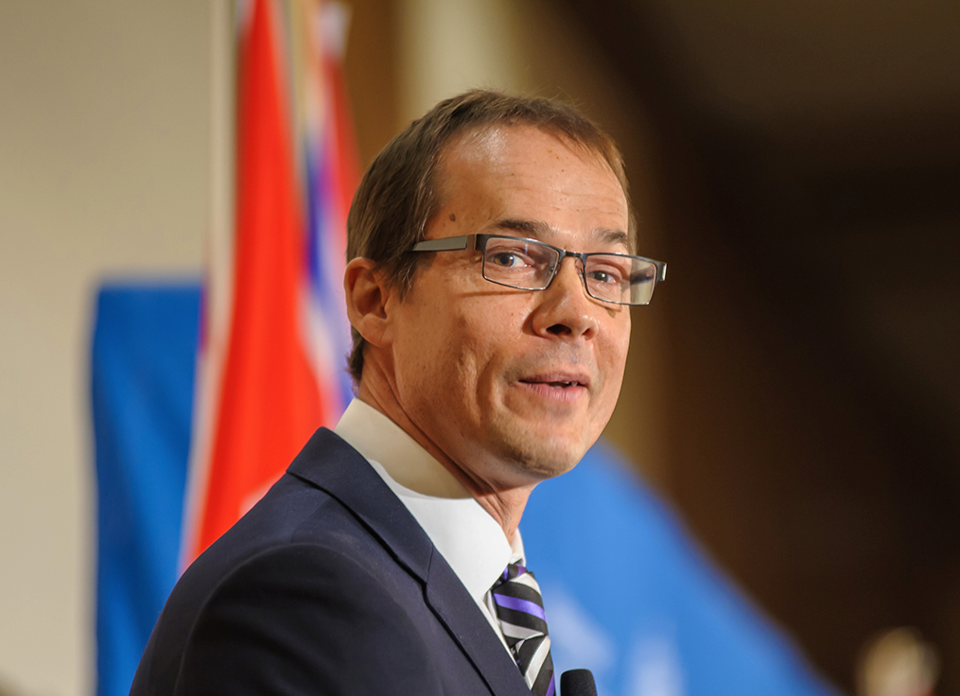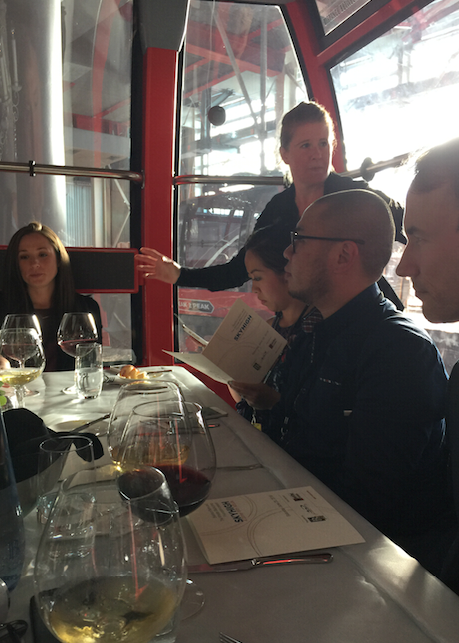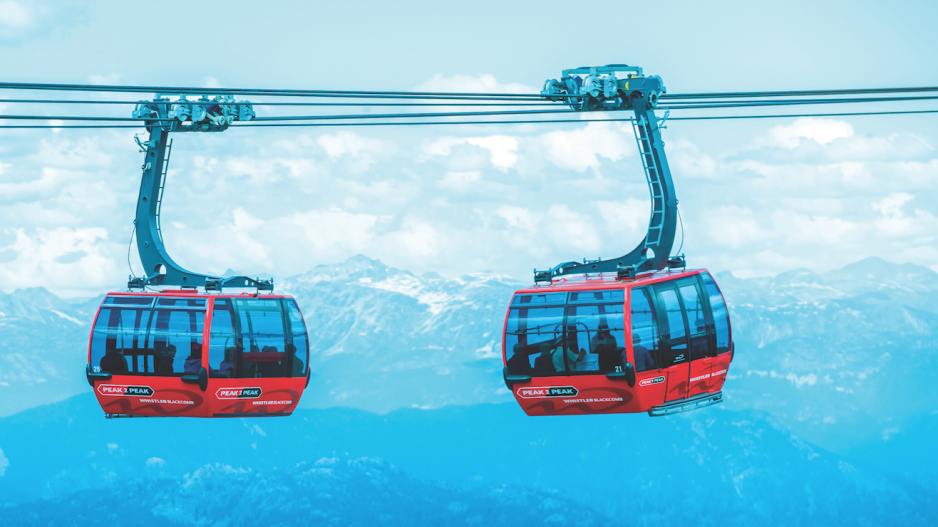Vail Resorts Inc. (NYSE:MTN) last month blew past analyst expectations for its quarterly earnings, thanks to business at Whistler Blackcomb that was far better than what the company had predicted.
The Colorado resort operator closed a deal to buy Whistler Blackcomb Holdings Inc. (TSX:WB) for $1.4 billion on October 17, so the company’s second-quarter results, which ended January 31, were the first results of a full quarter since that acquisition. That deal ranked No. 2 on Business in Vancouver's just-released list of biggest non-mining mergers and acquisitions of 2016.
In fact, Whistler, which had its first snow of the quarter on November 14 and has had a snowier-than-usual season, “helped to offset the slower start at our U.S. resorts,” said Vail CEO Rob Katz.
“[Whistler] has benefited from good conditions throughout the season, a low Canadian dollar versus the U.S. dollar and the outstanding brand and guest experience delivered by the Whistler Blackcomb team,” he said.
To underscore the effect that Whistler Blackcomb has had on Vail, Katz noted that total lift revenue soared nearly 25% year-over-year to US$358.2 million.
Had Whistler Blackcomb’s business not been included, lift revenue would have risen just 7% from a year ago.
Even more striking was Whistler Blackcomb’s impact on Vail’s ski-school revenue.
Those sales increased 26% and would have risen only 1% had Vail not bought Whistler Blackcomb.
And when it came to revenue from dining, Vail would have seen a 2.5% decline in that revenue source had it not bought Whistler Blackcomb. Because of the purchase, overall dining revenue at Vail increased 21.5%, Katz said.
Whistler Blackcomb CEO Dave Brownlie told BIV that his resort is continuing to gain a reputation as an all-season vacation destination.

(Image: Whistler Blackcomb CEO Dave Brownlie negotiated one of the largest finance deals that involved a B.C. company in 2016 | Whistler Blackcomb)
Last summer, the resort co-hosted an event named Skyhigh – a Dinner with Altitude. Bearfoot Bistro provided meals to diners who were seated in cars on the Peak 2 Peak Gondola, which was slowed down to prevent plates from sliding off tables. BIV wrote about that event and other innovative dining experiences at the time.
That event will not take place again this summer but may happen in future years.

“We’ve got the largest mountain-bike festival in the world, called Crankworx,” Brownlie said.
“That’s going to be here again. We’ve got Ironman Canada races coming back. We’ve got all those things as well as Tough Mudder [obstacle course races] and Vancouver Symphony Orchestra coming.”
(Image: The second Skyhigh – a Dinner with Altitude took place on the Peak 2 Peak gondola last summer and involved multiple courses served to diners at intervals as they went back and forth between Whistler and Blackcomb mountains | Glen Korstrom)
Tourism Whistler data shows that the resort community has been having record monthly hotel occupancy this season, which has likely helped contribute to brisk demand for ski passes.
“If you’re somebody who came to Whistler 10 years ago, there are definitely more people here today, but the resort infrastructure and the services and the quality of the experiences is second to none,” Brownlie said. “From a business perspective it can never be too busy.”
Vail said it plans to invest US$17 million in the 2017 calendar year at Whistler Blackcomb for maintenance and unnamed “discretionary projects.”
It also expects to pump a second US$17 million during the same time period into integrating Whistler Blackcomb’s marketing systems and operations with Vail’s systems.
One innovation this year has been what Vail calls Epic passes, which enable purchasers to ski at 12 different resorts, including Whistler Blackcomb.
Not all has been rosy for Vail. Company-wide, visits from Mexican citizens have had a “notable decline.”
Barclays Capital analyst Anthony Powell, on Vail’s earnings conference call, described the reason for fewer Mexicans as being “obvious” – a nod to the election of Donald Trump as U.S. president as well as the corresponding drop in the Mexican peso.
Katz did note, however, that Mexicans were still keen to visit Whistler Blackcomb.
“Whistler’s business – it’s very robust across the board, including with Mexico and Latin America,” Katz said on the conference call.
“Now Mexico and Latin America are much smaller business for Whistler than they are for our U.S. resorts.
“So I would not say that there was a perfect offset on that, but it is a big opportunity, I think, obviously for all the reasons that are out there, that people may choose to go to Canada, including Canada has been pretty aggressive at opening up their visa process, making it easier, I think, for people from Mexico and Latin America.
“So that’s been helpful as well, I think, for the resort.” •




